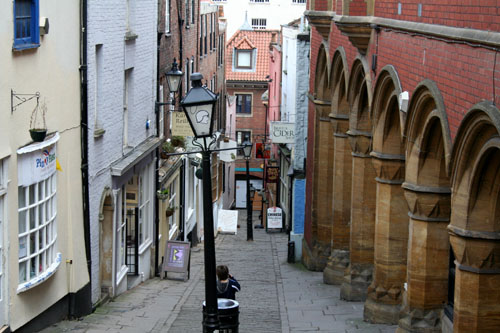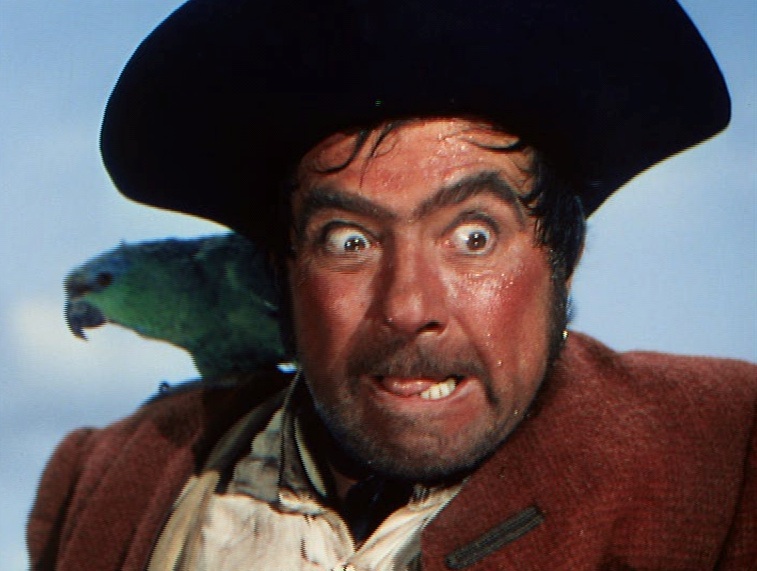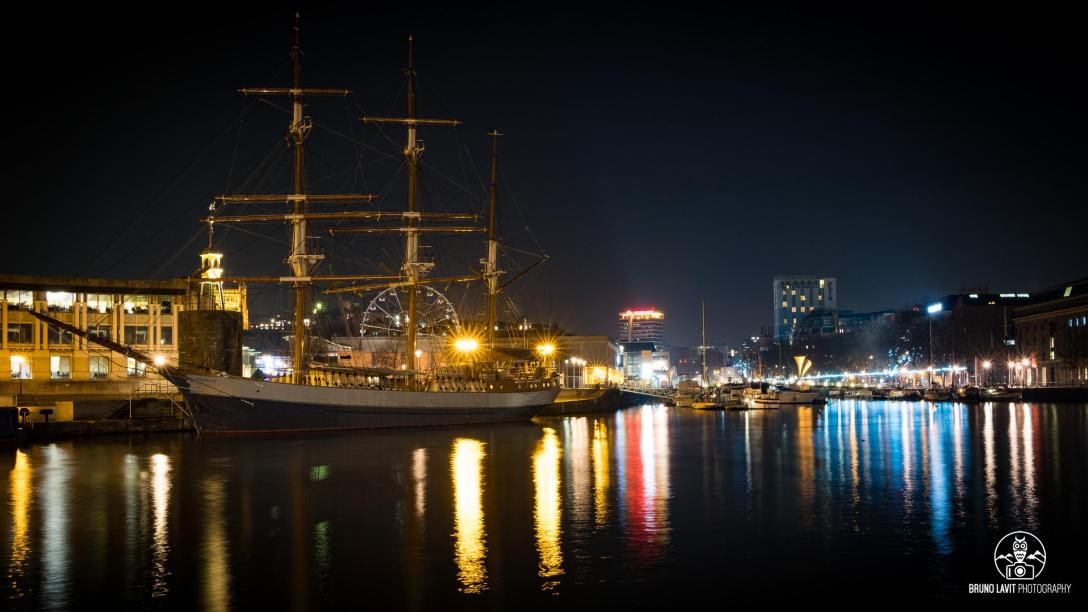This is going to be a case study on this particular recording of a man who lived his whole life in the West Country. This is going to be a study on a wider dialect (West Country).
In the text the marked the parts of the words are affected by rhoticity or r-colouring that might contain at least a slight deviation from RP.
Other features are highlighted with a colourful font and explained below the text:
Well, here’s a story for you: Sarah Perry was a veterinary nurse who had been working daily at an old zoo in a deserted district of the territory, so she was very happy to start a new job at a superb private (1) practice in North Square near the Duke Street Tower. That area was much nearer for her and more to her liking (2). Even so, on her first morning (3), she felt stressed. She ate a bowl of porridge, checked herself in the mirror and washed her face in a hurry. Then she put on a plain yellow dress and a fleece jacket (4), picked up her kit and headed for work.
When she got there, there was a woman with a goose waiting for her. The woman gave Sarah an official letter from the vet. The letter implied that the animal could be suffering from a rare form of foot (5) and mouth disease, which was surprising, because normally you would only expect to see it in a dog or a goat. Sarah was sentimental, so this made her feel sorry for the beautiful bird.
Before long, that itchy goose began to strut around the office like a lunatic, which made an unsanitary mess. The goose’s owner, Mary Harrison, kept calling, “Comma, Comma,” which Sarah thought (6) was an odd choice for a name. Comma was strong and huge, so it would take some force to trap her, but Sarah had a different idea. First she tried gently stroking the goose’s lower back with her palm, then singing (7) a tune to her. Finally, she administered ether. Her efforts were not futile. In no time, the goose began to tire, so Sarah was able to hold onto Comma and give her a relaxing bath.
Once Sarah had managed to bathe the goose, she wiped her off with a cloth and laid her on her right side. Then Sarah confirmed the vet’s diagnosis. Almost immediately, she remembered an effective treatment that required her to measure out a lot of medicine. Sarah warned that this course of treatment might be expensive-either five or six times the cost of penicillin. I can’t imagine paying so much, but Mrs. Harrison-a millionaire lawyer-thought it was a fair price for a cure.
There again I was then, I was born in Cardiff in Wales and then moved down to Somerset, uh, at a very young age. Uh, I was only born in Cardiff because parents were down there (8) and father’s family were a Devonshire family anyway. So I moved down here, and there I lived until I joined the navy at 16, 16 and a half. Um, I came out of the navy at 21, and during the war years, of course, and, uh, then after that (9) it’s just going to work, and I’ve done mechanical work most of the time until I retired maybe ten years ago. Um, I worked in Wellington in Somerset, I worked in Taunton in Somerset, I worked in Bristol, Avon, which is the city and county of Bristol, then, but it’s Avon now, of course. Uh, then I moved from here down to North Devon. Been here (10) nearly thirty-five years. And then so you got Littleham, just outside Bideford; this is a nice little village. Um, there’s Parracombe, which is another nice little village; there’s Horns Cross, there’s Buck’s Mills, um, and going the other way you’ve got Eastleigh, you’ve got Goodleigh, that’s above East-the-Water. Um, you’ve got Fremington; that’s a little seaside place on the way to Barnstaple. There’s, uh, Westward Ho!; `course you know about. Um, beyond the other side of the river there, you’re looking towards over the sand (11) dunes, you’re looking towards Braunton; that’s the other side of Barnstaple. And of course, to get to Braunton all the way into Barnstaple around, unless of course you have a boat across the river. So around there over to Braunton, and Braunton goes on to Croyde and then Croyde Bay. And Woolacombe, Ilfracombe, Combe Martin, then you’re heading back into Somerset again. Um Exmoor; from there you’re over to Exmoor, then you proceed to then (12) right into Taunton, Somerset. That’s the sort of round-about route that way. Um, going the other direction, going this way down the coast road from here, um, go down to Buck’s Cross, Buck’s Mills, at Clovelly. Then (13) of course you’re heading into Cornwall. Then you go then (14) to Wadebridge, then the Coast takes you right down to going to Wadebridge. Then (15) you, um, there’s uh St Mawgan, which is the Air Force base, American Air Force base, and, uh, that’s the end of Coast Road. Um, going the other way of course you’d head towards, heading east then (16), you go to Torrington and you’re heading towards Exeter … then (17) Crediton and then through Exeter, and then of course you’re on the south coast and then you’ve got Exmouth, Sidmouth, Lyme Regis. There all the seaside places on the other coast there.
1. Glottal stop (ʔ) represents [t] – [praıvǝɁ]
2. [ɪn] – [laıkın]
3. [ɪn] – [mɔ:rnın]
4. Glottal stop (ʔ) represents [t] – [dƷækıɁ]
5. Glottal stop (ʔ) represents [t] – [fʊɁ]
6. Voicing of fricatives, [θ] becomes [ð] – [ðɔ:t]
7. [ɪn] – [sıŋgıŋ]
8, 12, 13, 14, 15, 16, 17 – [ð] becomes [d] – [deǝr], [den]
9. Glottal stop (ʔ) represents [t] – [ðæɁ]
10. H-dropping – [ıǝr]
11. Elision of final /d/ – sand [sa:n]
References:
International Dialects of English Archive. 2017. Dialects and Accents of England. www.dialectsarchive.com/england-52 (Accessed on 17.01.2017)





